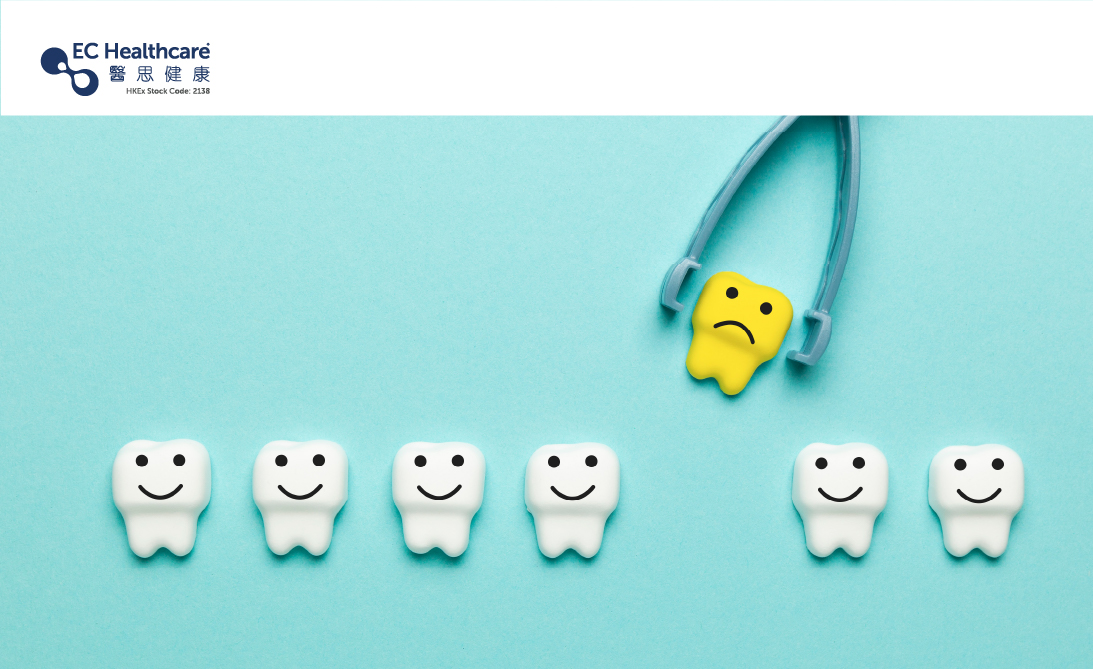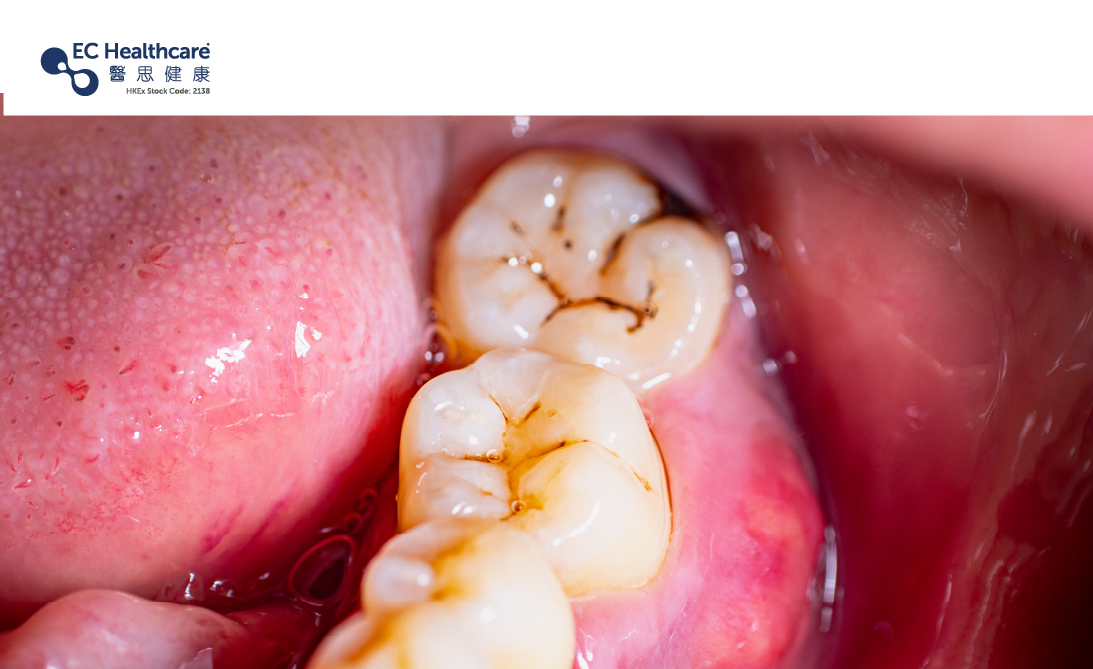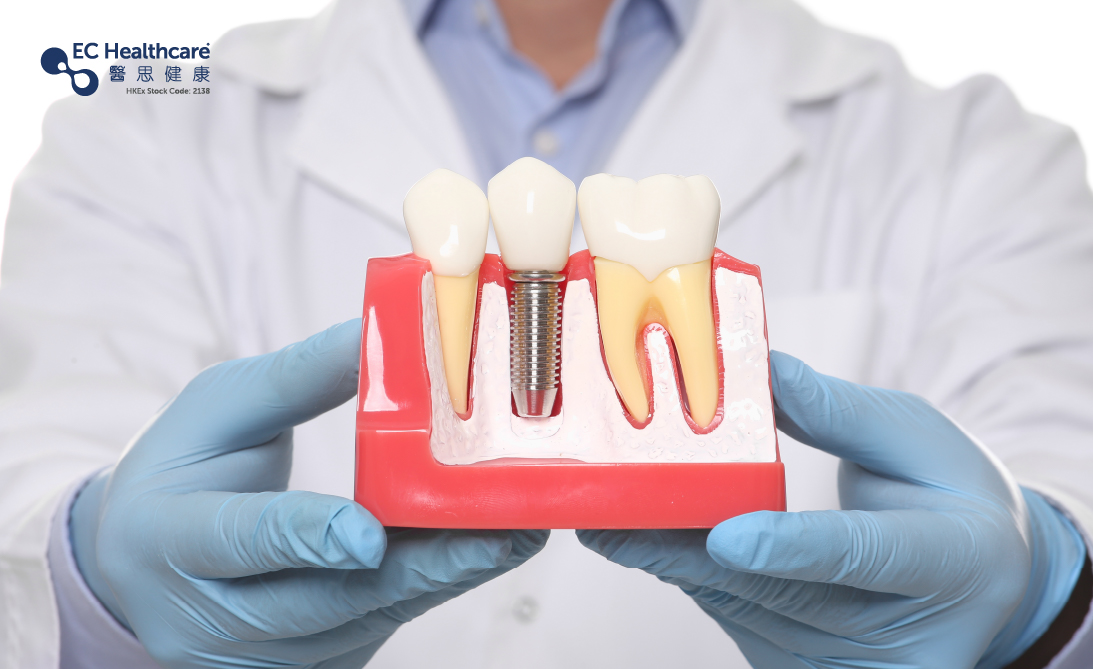Sore teeth are uncomfortable! 8 tips to solve tooth sensitivity


Just can’t wait to enjoy the food in front of you. As a result, when food is put into your mouth, your teeth will immediately feel sore, which means you may have sensitive teeth! When eating or drinking frozen, high-temperature, acidic or high-sugar foods or drinks, such as soda, juice, desserts, fruits, etc., the reaction of sensitive teeth is particularly obvious, making people feel sore and unbearable.

Why are teeth sensitive?
Tooth sensitivity is usually caused by gum recession or damage to the enamel, resulting in exposed dentin. The dentin is covered with dentine tubules and contains many nerve endings. When it is stimulated by external stimuli such as food, drinks, cold wind, brushing teeth, etc., it will trigger short-term pain ranging from a few seconds to a few minutes.
Many people who suffer from tooth sensitivity are between the ages of 20 to 50. Here are some common causes of gum recession or enamel damage:
Frequent consumption of highly acidic and high-sugar foods and drinks
Frequent chewing of hard foods
Brushing teeth too hard
Toothbrush bristles are too strong
Brushing teeth incorrectly
Periodontal disease
Malocclusion of teeth
Tooth decay
Molar
Smoking
Acid reflux
Increasing age
What should you do if you have tooth sensitivity?
Brush your teeth correctly: You should brush your teeth at least twice a day for 2 minutes or more each time. Do not brush your teeth too hard to reduce irritation to the gums.
Use fluoride toothpaste and mouthwash: It can strengthen enamel, and the potassium nitrate component can help temporarily seal dentin tubules and block nerve endings from irritation.
Make good use of tooth cleaning tools: Choose a toothbrush with a moderately sized brush head and soft bristles, and use dental floss, interdental brushes and other tooth cleaning tools correctly to help remove oral bacteria.
Avoid eating or drinking desserts, acidic, bubble, hard, fibrous and rough foods to avoid causing more holes in the enamel. You can also brush your teeth 30 minutes after eating to reduce oral acidity.
Regular dental cleaning: to remove plaque and calculus, reduce gum recession and prevent periodontal disease.
Wear dental braces specially designed by dentists to help reduce further tooth loss for people with teeth grinding habits.
Quit smoking: restore normal blood supply and reduce the chance of inflammation and gum recession.
Seek medical attention: Depending on the cause and severity of the patient’s tooth sensitivity, the dentist will provide professional examinations and treatments such as dental sealant or endodontic treatment.
It is important to note that sensitive teeth do not heal naturally. If ignored, the fragile teeth will continue to be eroded, and the probability of sensitivity and soreness will also increase, resulting in irreversible consequences. In order to protect your dental health, it is recommended to clean your teeth regularly and monitor the condition of your teeth. If your teeth have become sensitive, you should seek help from a professional dentist as soon as possible.
Related Brands



